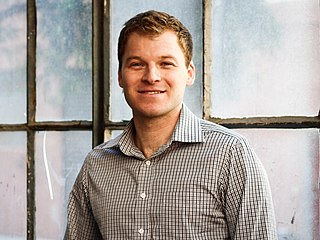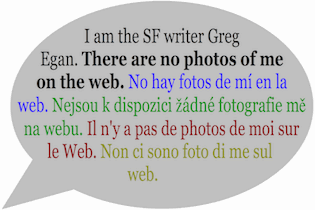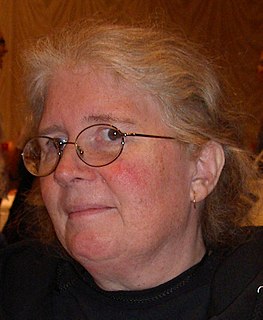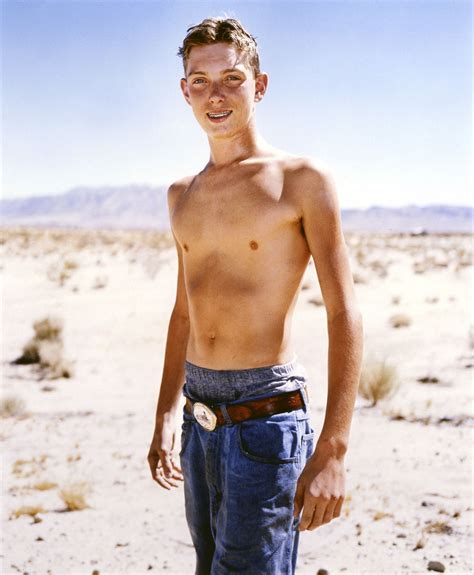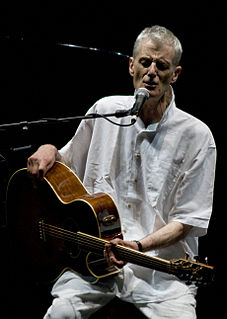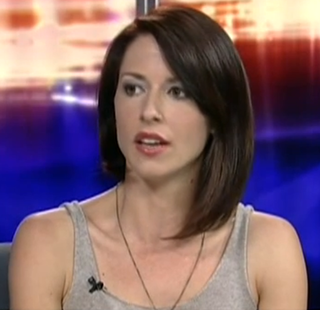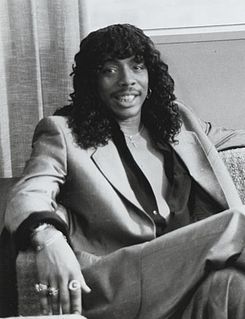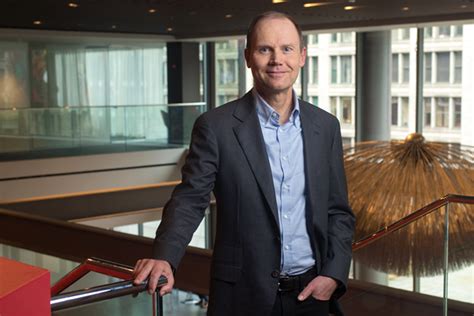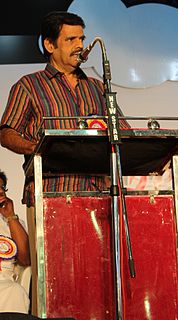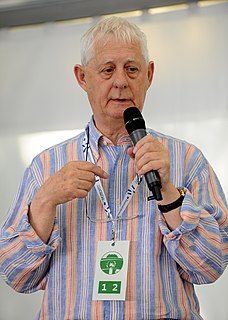Top 995 Desktop Publishing Quotes & Sayings - Page 11
Explore popular Desktop Publishing quotes.
Last updated on December 12, 2024.
Because the Internet is so new, we still don't really understand what it is. We mistake it for a type of publishing or broadcasting, because that's what we're used to. So people complain that there's a lot of rubbish online, or that it's dominated by Americans, or that you can't necessarily trust what you read on the Web.
I noticed you the first week. Not just because of how pretty you are, though of course, that played into it. It was the way you lean onto your elbows when you 're listening in class, when something catches your interest. And when you laugh, it's never to get attention, it's just-laughter. The way you obssevively tuck your hair behind your ear on the left side, but let the right side fall down like a screen. And when you 're bored, you tap your foot soundlessly and move your fingers on the desktop like you 're playing an instrument. I wanted to sketch you.



